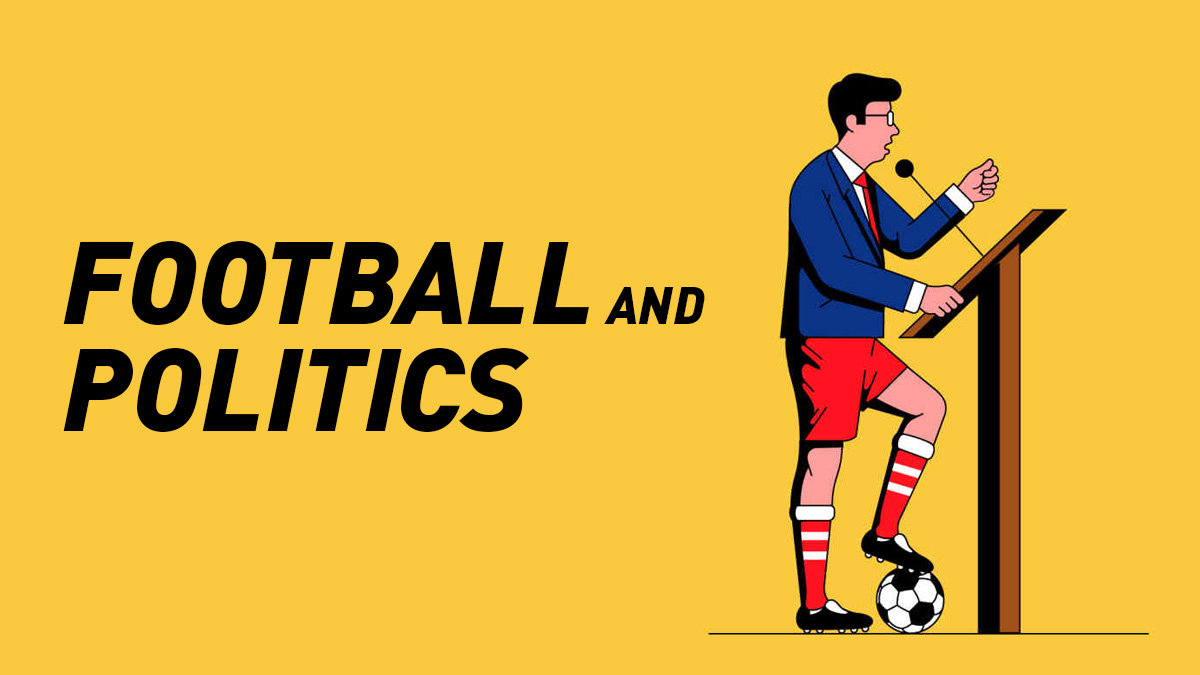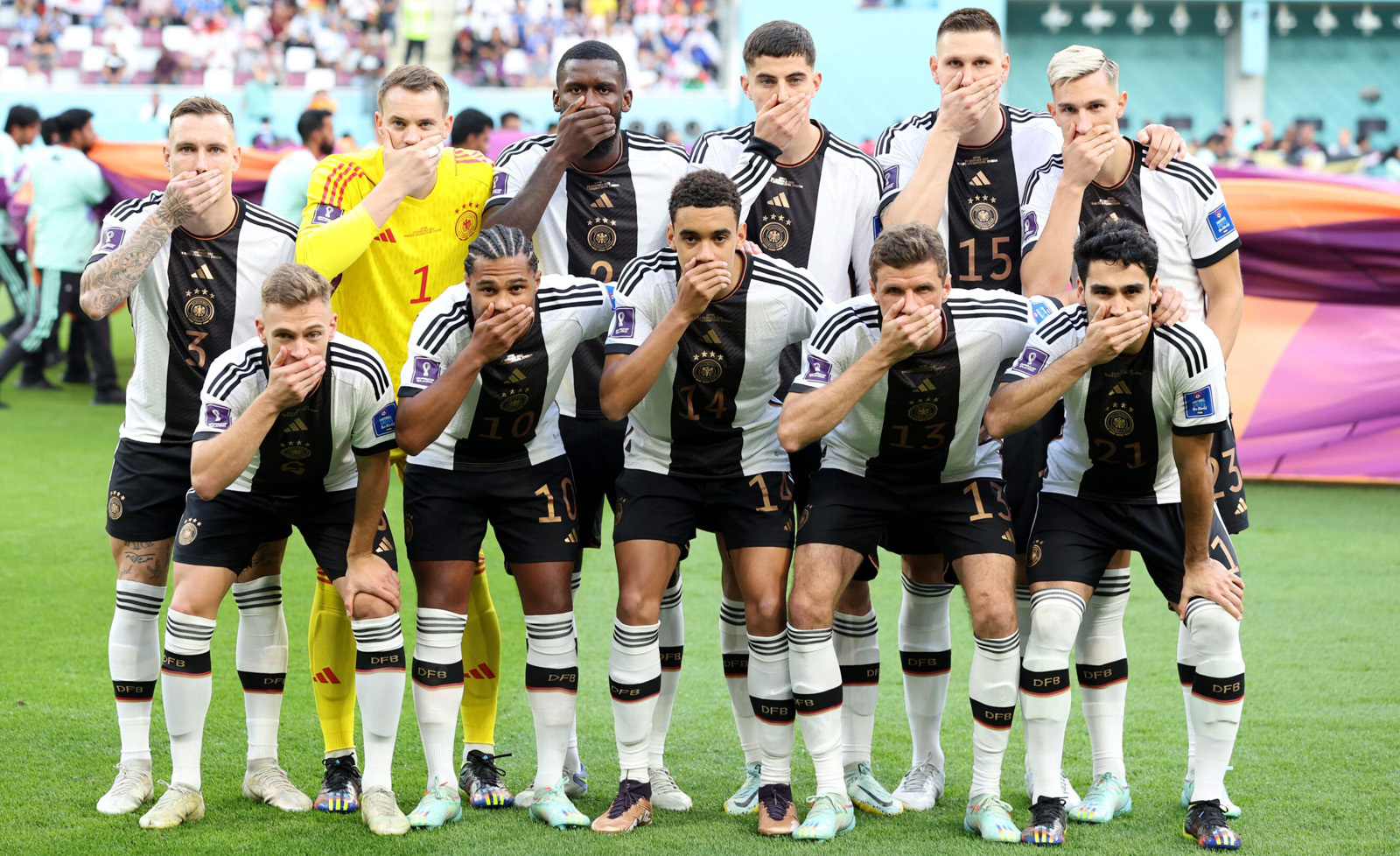
Football, a popular sport with an estimated 3.5 billion fans worldwide, is a cultural phenomenon that has a huge impact on communities all over the world. Beyond the thrill of the game, football is intricately linked to politics in a variety of ways, ranging from government funding to concerns of identity and social justice.
The relationship between football and politics reflects greater socioeconomic difficulties and challenges of our time, and it provides insights into how politics may shape and be shaped by sports. Here is a note that will look at the intricate relationship between football and politics, exploring how politics influences football and vice versa, as well as the societal ramifications of this interaction.
Politics and football have been inextricably linked since the game’s inception. Football has been used to spread political propaganda, and politicians have exploited it to further their own goals. Football has been a source of national pride in some countries, and the success or failure of the national team has been viewed as a reflection of the country’s political and economic position.
The World Cup is one of the most visible examples of the interaction between football and politics. Every four years, 32 countries compete in the World Cup, the most famous international football tournament. Since its inception in 1930, the tournament has been a highly politicised event. The World Cup has been used as a platform for political protest, resulting in boycotts and scandals.

In the most recent incident during the World Cup 2022, the German players covered their mouths during a team photo in protest of FIFA’s ban on a pro-LGBTQ+ armband. The armband, worn by a German player during a previous match, had been banned by FIFA for allegedly violating the organization’s rules against political messages. The German players’ gesture was seen as a powerful statement of support for LGBTQ+ rights and an expression of frustration with FIFA’s perceived lack of progress on issues of social justice. The incident highlighted the potential for football to be a platform for activism and advocacy, and the need for sports organizations to carefully consider the impact of their policies on issues of social and political importance.
The most well-known World Cup boycott was led by African nations in 1966. The African countries boycotted the event because they did not believe they were given a fair chance to qualify. This boycott brought attention to the issue of racism in football and resulted in the establishment of the Confederation of African Football (CAF).
Politics also played a part in the World Cup’s hosting. Political issues frequently impact the decision to award the tournament to a specific country. The decision to grant Qatar the 2022 World Cup, for example, has been very contentious, with many criticising the country’s human rights record and readiness to host such a large-scale event.
The importance of football clubs in local communities is another example of the relationship between sport and politics. Football clubs frequently have strong ties to their communities and can play an essential role in encouraging social cohesion and community development. Football teams have been used to promote political objectives in some circumstances, such as Barcelona FC, which has served as a symbol of Catalan independence.
Football has often been utilized in political protests. For example, during a football game against France in 2014, the Ukrainian national team wore black armbands to protest Russian aggression in Ukraine. This gesture was widely supported by Ukrainians and emphasized the country’s intimate affinity between football and politics.
In some countries, football has been used as a means of distracting the population from political issues. In Argentina, Football has frequently been used to divert attention away from economic and political difficulties. The success of the national team has been viewed as a means of raising national pride and diverting attention away from everyday difficulties.
One of the most significant ways politics influences football is through funding. Football clubs and national teams are highly subsidized by governments or political entities in many nations. This can lead to conflicts of interest and political intervention in football organizations’ management and decision-making processes.
Football and politics have a dynamic and ever-changing relationship, formed by the cultural, social, and political contexts in which the sport is played. While politics can have an impact on football in both positive and negative ways, the sport has the potential to promote social change and challenge inequalities.
Understanding the intricate relationship between football and politics will help us understand how sports can be used as a platform for social justice and how we can fight to ensure that the sport is a good force for change in society. We all have a role to play in determining the future of football and its relationship with politics, whether we are fans or players.
Comments